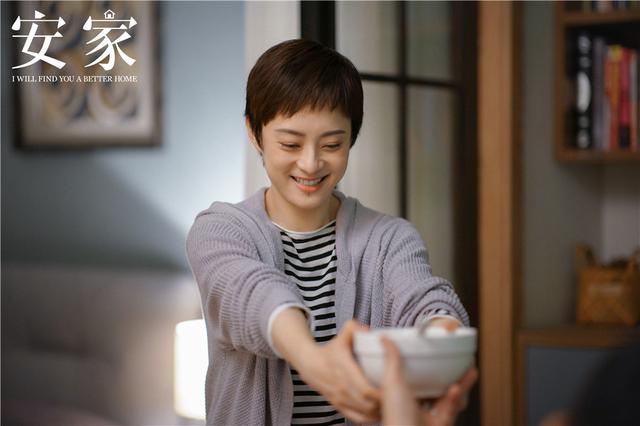The Singular and Plural Forms of 'Pupil'
When it comes to forming the plural of the word 'pupil', the answer is yes, you do add an 's' in most cases. The word 'pupil' refers to a young student, usually one who is enrolled in a school or educational institution. The plural of 'pupil' is formed by adding an 's' to the end of the singular form. Therefore, if you are referring to more than one pupil, you would write 'pupils'.Exceptional Cases: When Adding 'es' is Necessary
However, there are some exceptional cases where adding 's' isn't quite enough. When the singular form ends in a 'sibilant' sound (like -s, -z, -sh, -ch or -x), you need to add 'es' instead of 's' to create the plural. This is because adding an 's' alone would make it difficult to pronounce the word. For example, the plural of 'bus' is 'buses'. Notice the extra 'es' added to the word 'bus', as the singular form ends with the sibilant sound 's'.Exceptions to the Exceptional Cases
Even more exceptional cases may arise occasionally, where word origin plays a role in the plural form. For instance, the word 'pupa' which refers to a stage in the life cycle of insects, follows the same rule as words that ends with sibilants, where adding 'es' to form its plural ('pupae'), is required. Another word that you might think should follow this rule is 'alumnus', which is singular for a male graduate. However, its plural 'alumni' defines all male graduates, while a mixed group of male and female graduates would be called 'alumni and alumnae' respectively. In summary, in most instances, the plural of 'pupil' is formed by adding 's'. However, when the word ends with sibilant sounds like 'ch', 'x', or 's', then 'es' is added instead. While the rules can seem daunting, and there may be exceptional cases that break the rules, practicing them in the context of everyday use makes them come naturally over time.

